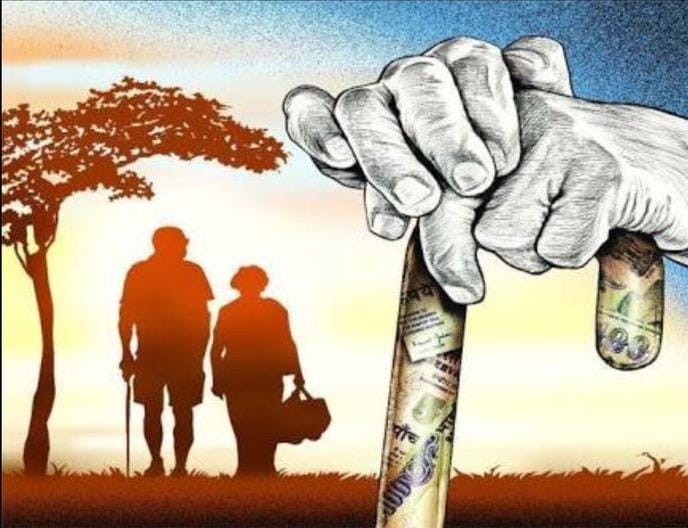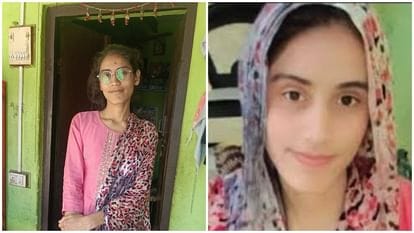Seven Children, One Mother — And Yet, She Stands Alone
26 August 2025
By - Tina Sarkar
In India, countless elderly women face a harsh truth — after a lifetime of caring for their families, they find themselves abandoned when they need care the most. Rooted in patriarchal traditions, a woman is often seen as her father’s responsibility in childhood, her husband’s in adulthood, and her sons’ in old age. This deep-seated mindset not only denies women property rights and financial independence but also leaves them vulnerable in their later years. Against this backdrop stands the story of 85-year-old Genda Bai, a mother of seven, whose life of sacrifice and devotion ended not in the warmth of her family home, but within the cold walls of an old-age home. She spent her entire life raising her children, ensuring they were educated, settled, and supported — yet in her twilight years, those very children saw her as a burden to be passed along.
From Family Home to Old-Age Home
The case came to the attention of local administrative authorities, who intervened to ensure she received care. A written agreement was drawn up, stating that each child would take responsibility for their mother for one month at a time. Yet this arrangement, fragile from the start, crumbled within just twenty days. One of her own daughters brought her to the gates of an old-age home, left her there, and walked away. The home’s caretaker remembers the day vividly, saying, “This is not just Genda Bai’s story. This is the story of thousands of women like her.”
The Larger Truth: A Lifetime of Ownership, Not Respect
Genda Bai’s tragedy reflects a much larger societal problem, rooted in patriarchal beliefs that have shaped generations. In India, a woman’s identity is often defined in relation to the men in her life. As a child, she is her father’s responsibility. As a wife, she is her husband’s property. And in her old age, she is expected to depend on her sons. This deep-seated mindset strips women of autonomy, property rights, and financial independence. Without resources of their own, elderly women often face powerlessness, vulnerability, and abandonment.
A Call for Change
Her story forces us to confront pressing questions: Why do women continue to be denied equal rights to property and assets? Why does caring for a mother seem like a burden, when mothers have spent their lives caring for everyone else? Change cannot come from legal reforms alone — it requires a shift in societal attitudes, recognising women as individuals with equal rights, dignity, and independence throughout their lives. No mother who raised seven children should have to spend her final days in loneliness, separated from the very family she nurtured.


